Slideshow
ILO report says indigenous peoples are key to the success of policies combating climate change
A new ILO report, "Indigenous Peoples and Climate Change: From Victims to Change Agents through Decent Work", explores why indigenous peoples are particularly vulnerable to climate change and what can be done to support them in their role as agents of change.

Accounting for 15 per cent of the world’s poor, indigenous peoples live in geographical areas and ecosystems most affected by climate change. Without their contributions, the fight against climate change will remain incomplete.
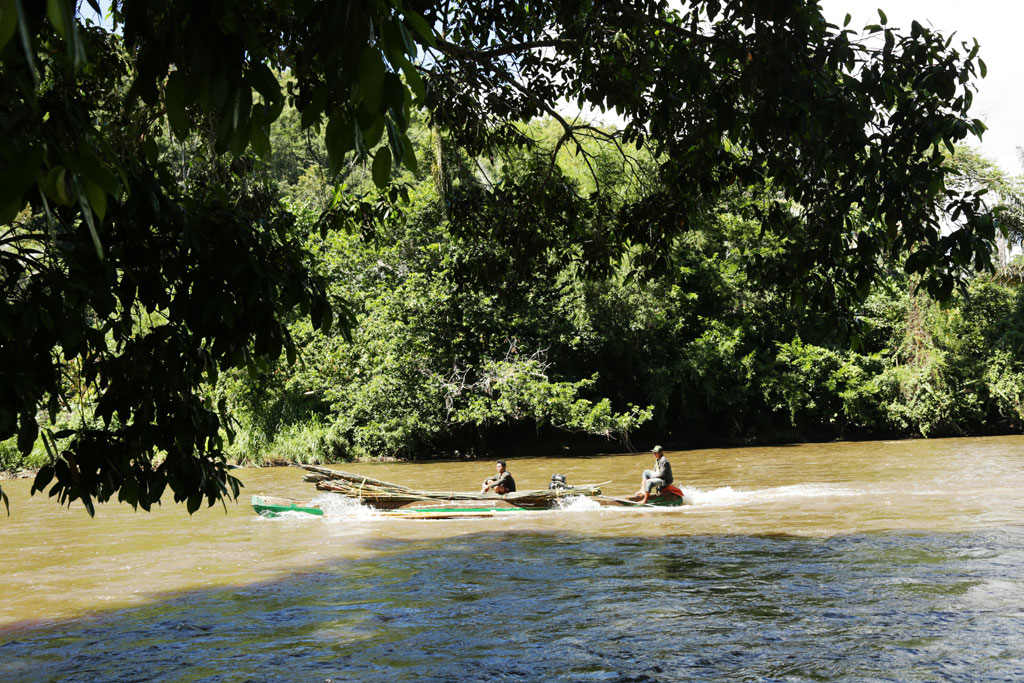
Although five per cent of the global population, indigenous peoples care for nearly 22 per cent of the earth’s surface and 80 per cent of the planet’s biodiversity.
© IWGIA
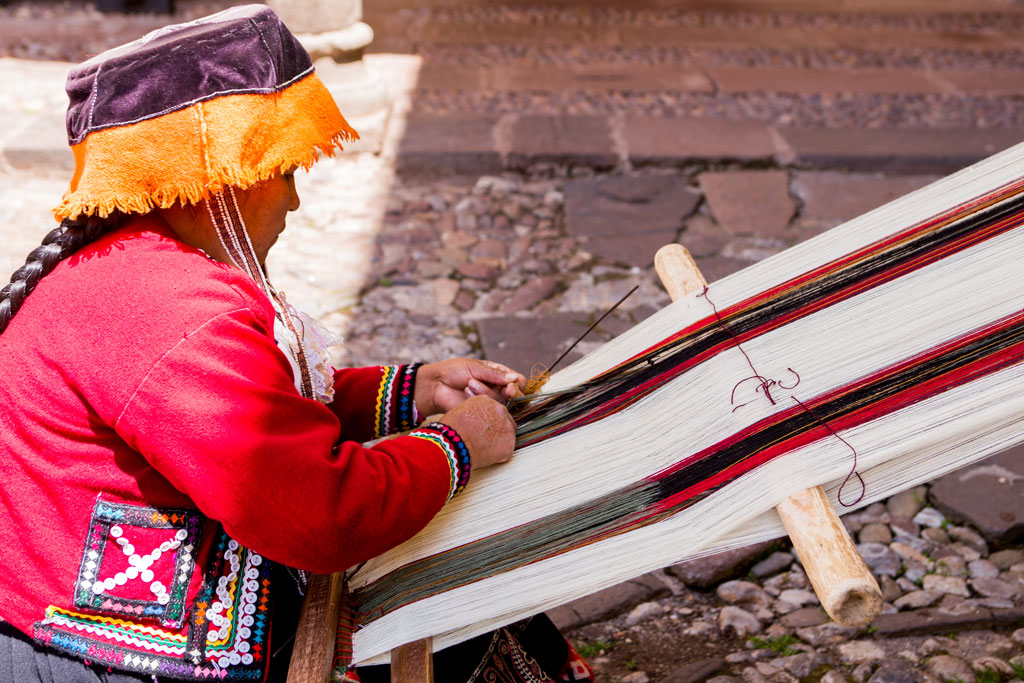
Indigenous women play an important role in the social and economic life of their communities. They, however, often face discrimination from within and outside of their communities. Climate change threatens to exacerbate their vulnerability to discrimination, exclusion and exploitation.
© Taehohn Lee
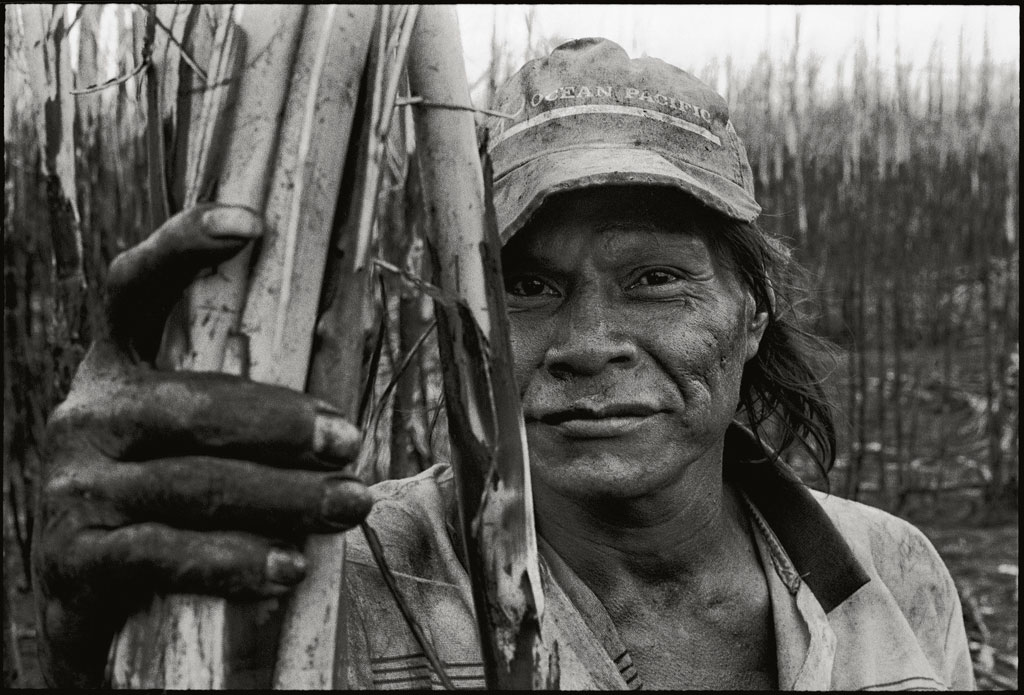
Indigenous women and men share a strong economic and cultural relationship with their lands and natural surroundings, which they protect and manage in a sustainable manner.
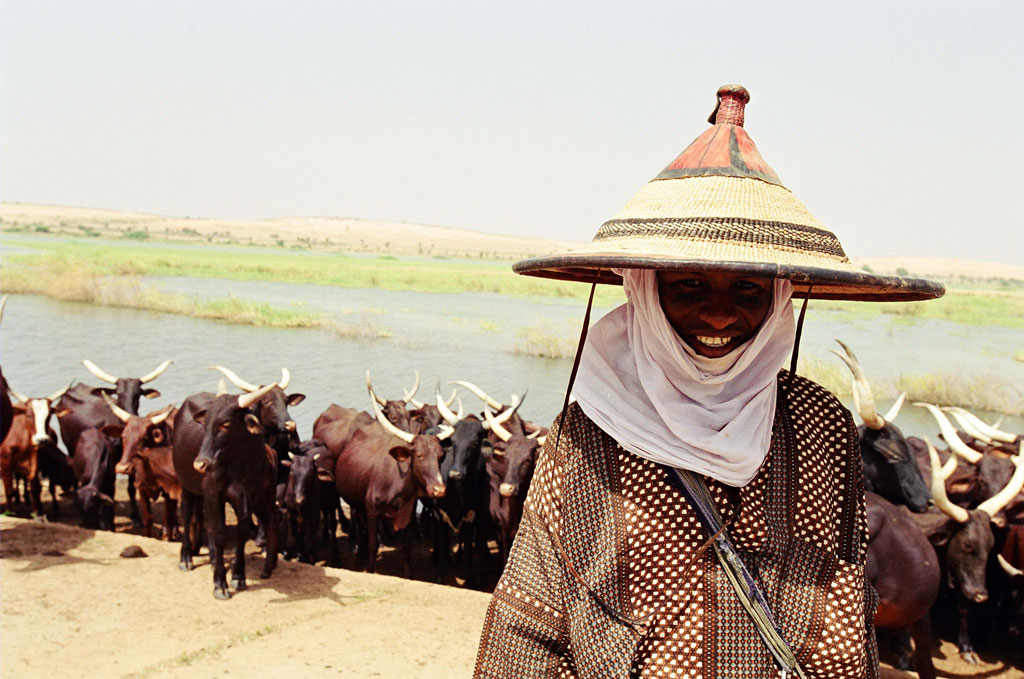
If their rights to access these natural resources are not respected, they risk losing their livelihoods. However, with their rights protected, indigenous peoples can play a critical role in managing natural resources and preventing environmental degradation.
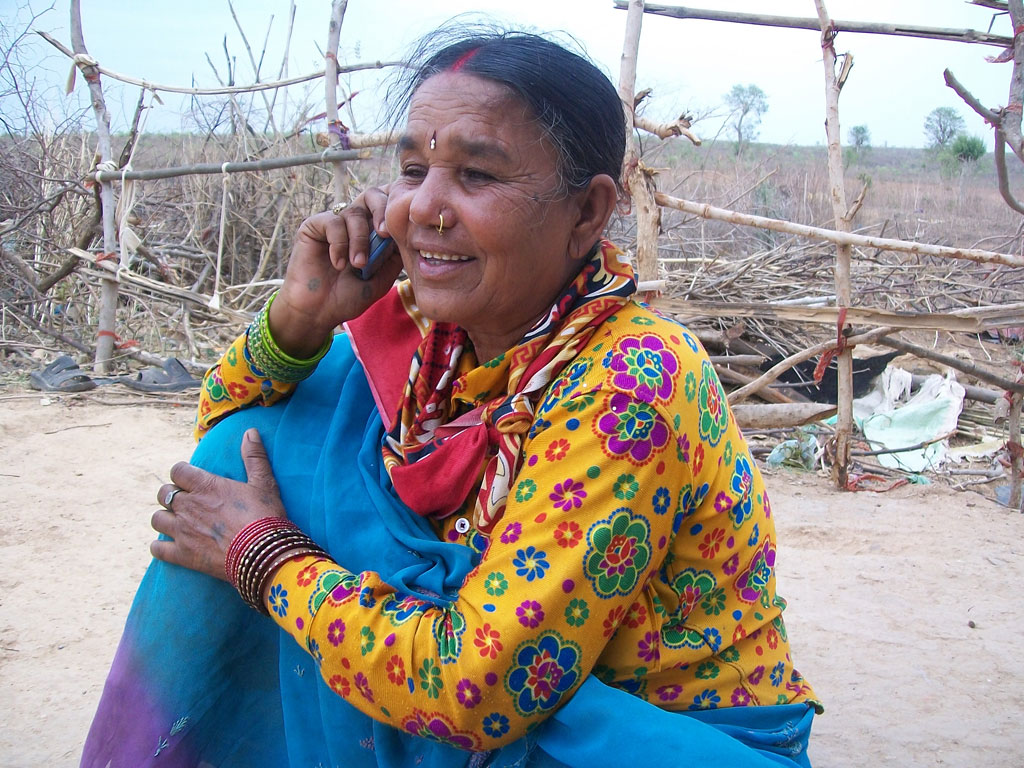
Their cultural approaches and traditional knowledge can provide solutions to sustainable food production, managing forests and safeguarding natural resources. Complementing scientific knowledge with traditional knowledge will be critical for both climate mitigation and adaptation.
© Rishabh Kumar Dhir

Indigenous peoples are important partners and agents of change in effective climate action and sustainable development. Ensuring their access to decent work opportunities is also key in promoting green growth and poverty reduction.
© IWGIA